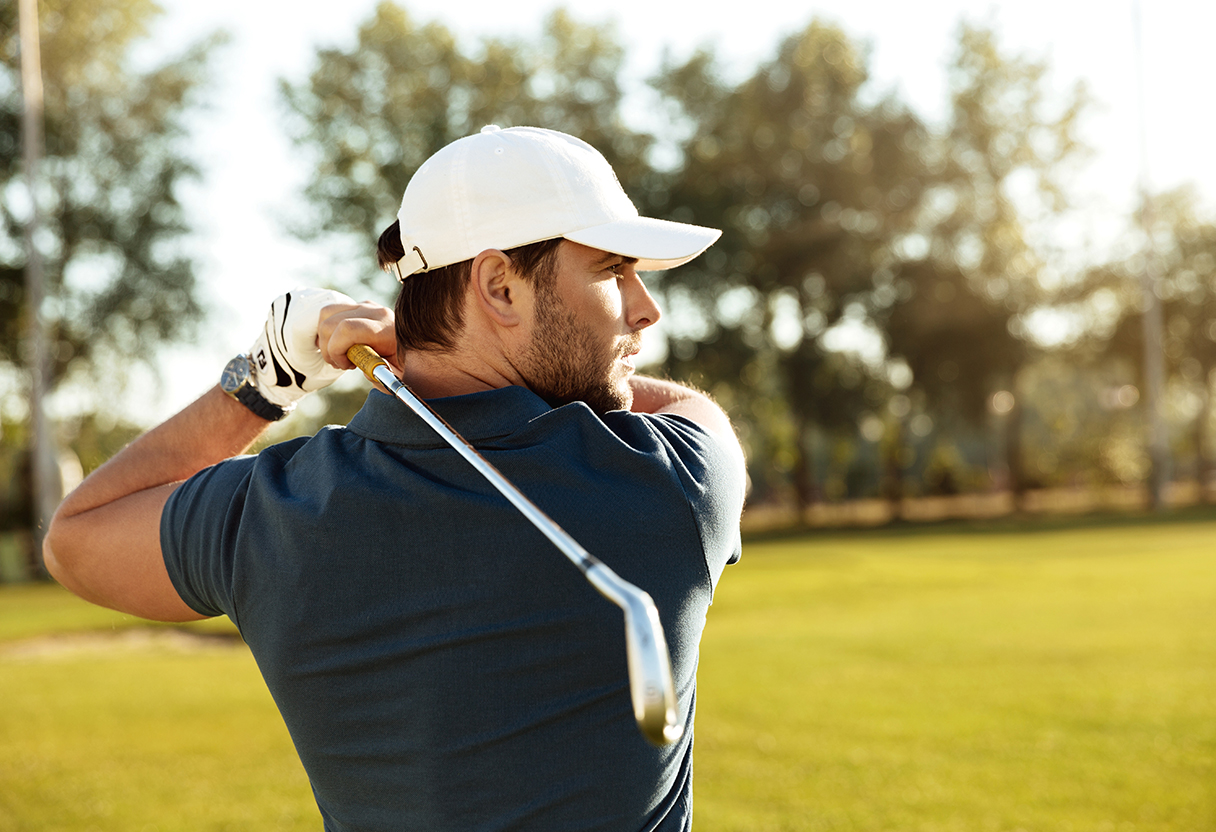Tennis is not just a game of physical strength and skill; it is a profound mental battle that can make or break a player’s success on the court. Athletes who excel in tennis psychology often find themselves mentally prepared to handle pressure, focus their concentration, and bounce back from setbacks. In this context, hypnotherapy has emerged as a powerful tool that offers significant benefits in enhancing mental performance and overall well-being. In this blog post, we’ll delve into the world of tennis psychology, explore the role of hypnotherapy, and learn how mental conditioning can lead to greater success on the court.
Understanding Tennis Psychology
Tennis psychology focuses on the mental aspects of the game, an area often overlooked by players, coaches, and support staff. While technical skills and physical training are vital components for success, they are insufficient without mental fortitude. The capacity to maintain focus, manage anxiety, and cultivate a winning mindset is paramount. Here are some essential elements of tennis psychology:
- Mental Toughness: The ability to remain composed and resilient under pressure is crucial in tennis. Matches can turn dramatically with a single point, and players who can maintain their concentration and stay optimistic often come out victorious.
- Visualisation Techniques: Athletes often use visualization techniques to imagine themselves successfully executing strokes, winning points, and competing effectively. This mental rehearsal can enhance confidence and performance levels.
- Goal Setting: Establishing clear, achievable goals can guide athletes toward both short-term and long-term success. Goal setting is essential for motivation and helps players maintain focus during practice and matches.
- Mindfulness and Concentration: Practices such as mindfulness can help players stay present during matches, allowing them to maintain focus and awareness of their game without being overwhelmed by distractions.
- Dealing with Pressure: Whether it’s a crucial match in a tournament or a simple practice session, pressure is an inherent part of sports. Learning to cope with this pressure can be a game-changer for any athlete.
The Connection between Hypnotherapy and Tennis Psychology
Hypnotherapy has gained traction in recent years as a legitimate psychological tool for improving performance in various sports, including tennis. Through hypnotic techniques, athletes can tap into their subconscious mind, reprogram negative thought patterns, and enhance their mental game. Here’s how hypnotherapy works in relation to tennis psychology:
Enhancing Mental Focus
Hypnotherapy helps players to sharpen their focus, minimizing distractions and increasing their capacity to concentrate on the task at hand. By entering a state of focused awareness, athletes can practice visualization techniques under guidance, allowing them to mentally rehearse their performances and visualize successful outcomes.

Reducing Anxiety and Stress
Anxiety is a common challenge for tennis players, especially during high-stakes matches. Hypnotherapy provides tools to manage anxiety, helping players reduce their stress levels and approach situations with a calmer mindset. By accessing a deeply relaxed state, athletes can replace negative thoughts with positive affirmations and self-beliefs, fostering a greater sense of confidence.
Building Confidence
Confidence is key to performing well under pressure. Hypnotherapy can help athletes strengthen their self-belief and combat self-doubt, creating a stronger, more confident player. Through positive suggestions and visualization techniques, players can reinforce their belief in their abilities, making it easier to achieve their objectives on the court.
Overcoming Performance Blocks
Performance anxiety, fear of failure, and past negative experiences can create mental blocks that inhibit a player’s performance. Hypnotherapy allows players to confront these issues, releasing pent-up emotions and reframing their thought patterns. This process often leads to a healthier mindset, allowing athletes to face challenges head-on.
Fostering Motivation and Drive
Consistent motivation is essential for success in competitive sports. Hypnotherapy can help players clarify their motivational drivers, set realistic goals, and maintain their desire to improve. By creating a mental framework that aligns with their aspirations, athletes can tap into their intrinsic motivation and remain focused on their training.
Hypnotherapy Techniques in Tennis Psychology
Incorporating hypnotherapy into the framework of tennis psychology involves different techniques tailored to meet each player’s needs. Here are a few common approaches that can enhance a player’s mental game:
Goal Visualization and Imagery
Players visualize themselves successfully executing shots, winning points, and achieving their goals during matches. This technique reinforces positive mental imagery, making the actual experience feel more attainable and natural.
Suggestion Therapy
Once in a relaxed state, a hypnotherapist may offer positive affirmations and suggestions to replace limiting beliefs with empowering thought patterns. These suggestions can significantly impact a player’s attitude towards themselves and their performance.
Relaxation Techniques
Deep breathing, progressive muscle relaxation, and guided imagery are used to induce a state of relaxation. Such techniques can help players calm their nerves before matches, enabling them to perform with greater clarity and focus.
Regression Therapy
For athletes dealing with the effects of past failures or trauma, regression therapy allows them to revisit and address these memories in a supportive and constructive manner. By confronting these experiences, players can alleviate their negative impacts and emerge with a healthier mental outlook.
The Importance of Finding the Right Hypnotherapist
To harness the full benefits of hypnotherapy in tennis psychology, it’s crucial to work with a qualified and experienced hypnotherapist. Look for professionals with sports psychology background and a good understanding of tennis-specific challenges. A reputable practitioner can effectively tailor their approach to your unique needs and goals.
Success Stories: Hypnotherapy in Action
Many professional athletes testify to the game-changing effects of hypnotherapy on their performance. Here are a few notable examples:
- Novak Djokovic: The world-renowned tennis player has openly discussed how mental conditioning, including hypnotherapy, has shaped his mindset. His success is often attributed to his exceptional mental fortitude, enabling him to manage pressure and focus during critical moments in matches.
- Maria Sharapova: Known for her fierce competitiveness, Sharapova credits hypnotherapy and mental conditioning for helping her overcome adversities and maintain unwavering confidence at every stage of her career.
- Andre Agassi: Former world number one Andre Agassi has shared that visualization techniques played a significant role in his training, further proving that mental techniques can be as effective as physical drills.
Integrating Hypnotherapy into Your Tennis Training Regimen
So how can you incorporate hypnotherapy into your own tennis training? Here are some steps to get started:
- Consult a Professional: Seek out a qualified sports hypnotherapist who can assess your needs and develop a tailor-made hypnotherapy program for you.
- Incorporate Mental Training Sessions: In addition to your physical training, allocate time to work on your mental game. This can include visualization exercises, relaxation techniques, and affirmations.
- Monitor Your Progress: Keep a journal to track your mental and physical performance over time. Note how your training and hypnotherapy impact your matches, helping you identify areas for improvement.
- Stay Committed: Mental training, like physical training, requires commitment and consistency. Dedicate yourself to the process, and you’ll likely see remarkable results in your performance.
Conclusion
Winning in tennis is as much about mental prowess as it is about physical skill. The integration of hypnotherapy into tennis psychology can significantly improve mental fortitude, focus, and overall performance. At Revibe Therapy, we understand the unique challenges that athletes face and offer specialized hypnotherapy services tailored for tennis players. Our Online Therapy sessions allow you to access the benefits of hypnotherapy from the comfort of your home, making it convenient and accessible. If you’re ready to elevate your game and win the match in your mind, visit Revibe Therapy today to learn more about our services and start your journey toward mental mastery.

Through consistent mental conditioning and the right support, you can step onto the court fully prepared to win—both in your mind and on the scoreboard.





